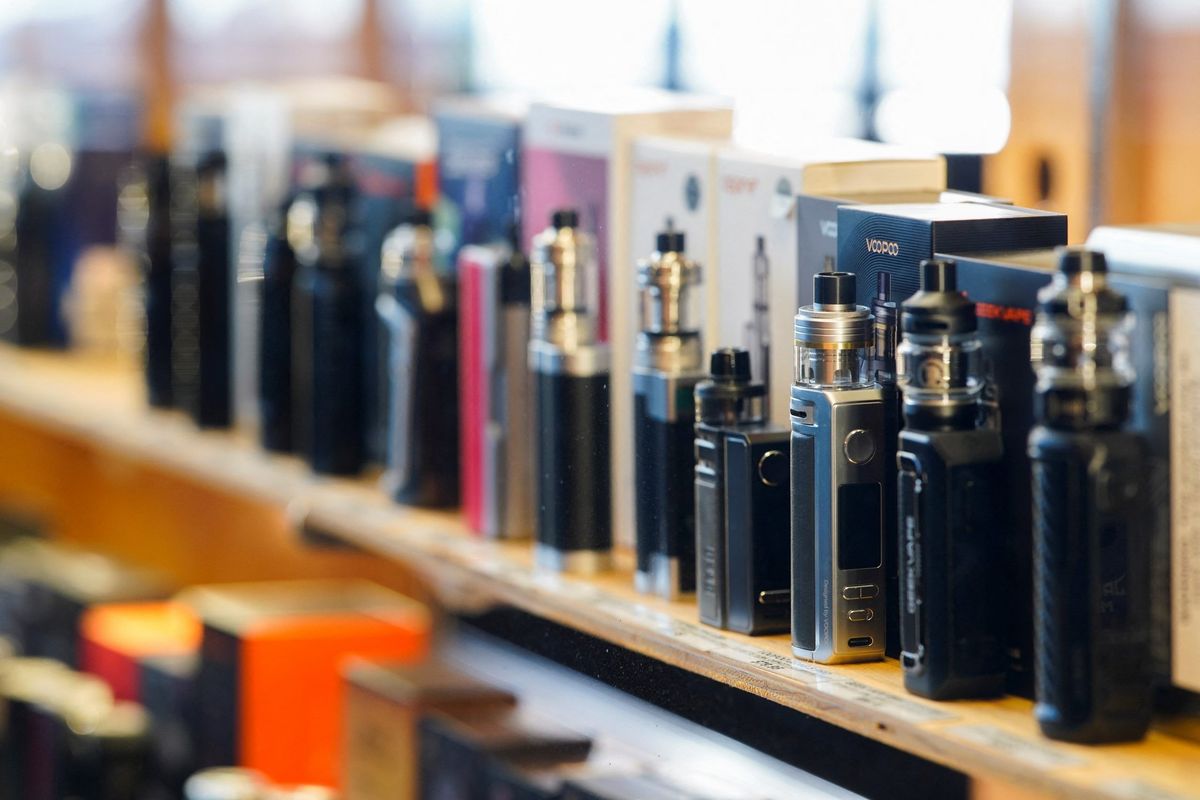World Vapers’ Alliance has come out against a recent WHO report that decried lack of vape regulations globally.
The consumer body said the publication of the World Health Organisation’s ‘Report on the global tobacco epidemic, 2023’ once again discounts the powerful impact of harm reduction and vaping, reaffirming WHO’s adversarial stance against it.
“While filled with biased anti-vaping scaremongering and unfounded claims, the report’s overall direction is perplexing. Instead of prioritising the crucial goal of reducing smoking rates, the WHO is directing its focus on vaping, which happens to be the most potent smoking cessation tool available,” Michael Landl, Director of the World Vapers’ Alliance, commented.
Dr Tedros Adhanom Ghebreyesus, WHO director general, wrote in the report’s foreword that vaping would undermine anti-smoking efforts, claiming that “e-cigarettes are harmful to both the people using them and those around them.”
Landl said the WHO appears to ignore reality and scientific evidence.
“Countries that adopt an open and consumer-friendly approach to harm reduction products achieve significantly better results than those following WHO’s misguided path. Comparative data from Sweden and the United Kingdom demonstrate their remarkable success in reducing smoking rates, surpassing countries with a negative harm reduction approach by a wide margin,” he added.
The report claims a gateway effect from vaping to smoking and alleges that vaping flavors target children. It further highlights that 121 countries have adopted vaping regulations, with 34 completely banning vape sales.
But the report said 74 countries – home to almost one third of the global population – have no regulations in place addressing such products, meaning no bans on use in public places, no labelling requirements and no bans on advertising.
“The outdated and debunked theories propagated by the WHO report pose risks to public health. The notion of a gateway effect from vaping to smoking lacks evidence. Furthermore, flavors are essential for adults as they play a crucial role in helping millions of smokers transition to vaping. Additionally, celebrating countries which ban a way less harmful alternative for smokers is absurd,” Landl stated.
WVA noted that a true gateway effect in youths has not yet been demonstrated, according to a review of fifteen studies. Factors such as anxiety, parental smoking habits, peer attitudes, and household income must be considered.
Another study found that vaping is not a gateway to smoking but rather that negative circumstances in teenagers’ lives lead to risky behaviors. According to the Yale School of Public Health, vaping flavored e-cigarettes is linked to a 230 per cent increase in adult smoking cessation, and a flavor ban, as suggested by the WHO, could drive 5 out of 10 vapers back to smoking or the black market.
“The lack of empathy for smokers and vapers, coupled with the outright denial of scientific findings, will have severe consequences for many lives. The WHO seems to have lost sight of its ultimate goal – reducing smoking rates. While we all agree that teenagers should not smoke or vape, the report notes that only 45 per cent of countries ban e-cigarette sales to minors, and 10 per cent of countries impose no age restrictions on cigarette purchases. Why not address these real-life challenges? The WHO systematically disregards an abundance of scientific evidence supporting the benefits of vaping, not to mention the experiences of millions of vapers. Vaping is 95 per cent less harmful than smoking and a more effective method to quit smoking compared to traditional products like gum and patches. Restricting or banning access to vaping will only lead to unnecessary loss of lives,” concluded Landl.


